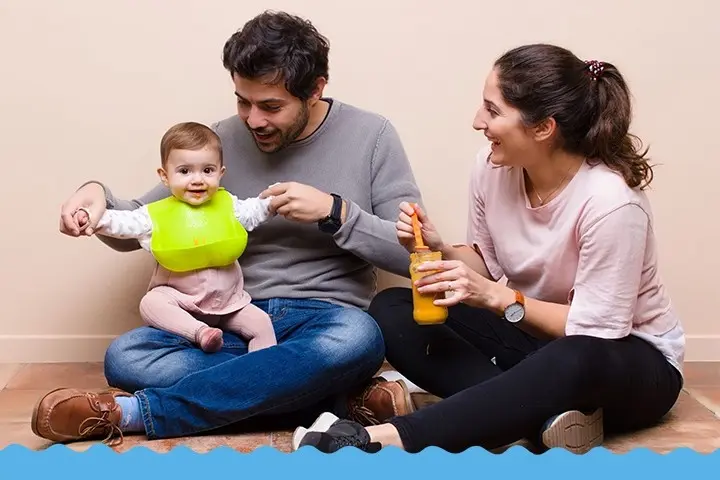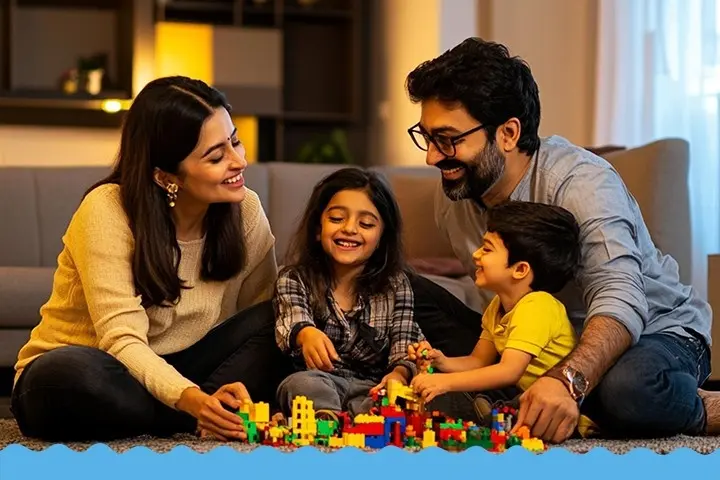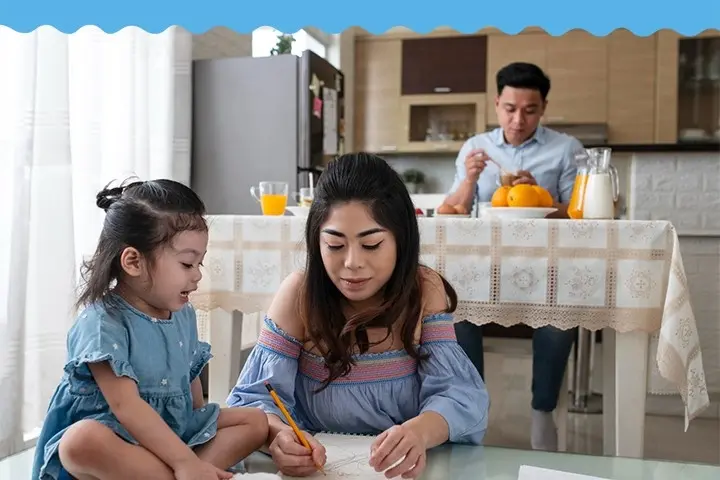
Image: ShutterStock
Parenting has evolved dramatically over the past generation. Where once rigid gender roles defined family dynamics, today’s parents are discovering that shared parenting isn’t just a progressive ideal – it’s a practical approach that creates stronger families and happier households. The traditional model of “mom as primary caregiver” is giving way to a more balanced partnership where both parents actively participate in raising their children.
Redefining Modern Family Dynamics

For generations, families have operated on the assumption that mothers naturally handle childcare while fathers focus on providing. This division seemed logical in earlier times, but modern families are proving that parenting works best when it’s truly shared.
Today’s parents bring diverse skills, experiences, and perspectives to child-rearing. Both mothers and fathers can be nurturing caregivers, effective disciplinarians, homework helpers, and bedtime story experts. When families move beyond gender-based assumptions, they unlock the full potential of both parents and create richer experiences for their children.
The shift toward equal parenting partnerships is particularly relevant for dual-career families, where both parents juggle professional responsibilities alongside family commitments. Creating a true partnership means recognizing that effective parenting isn’t determined by gender – it’s about commitment, consistency, and care.
Building Partnership from the Beginning

The foundation of successful co-parenting starts during pregnancy. Expectant parents can attend prenatal classes together, research parenting approaches, and discuss their vision for shared responsibilities. This early preparation ensures both parents feel equally invested and prepared for parenthood.
From the first day home with a newborn, both parents should participate in all aspects of care. This might involve alternating night duties, sharing feeding responsibilities where possible, or taking turns with bath time and bedtime routines. While breastfeeding mothers may handle more feeding initially, partners can take charge of diaper changes, burping, and settling the baby back to sleep.
Creating a parenting partnership also means making decisions collaboratively. From choosing healthcare providers to establishing daily routines, both parents should have equal input. This shared decision-making ensures that neither parent feels excluded from important choices about their child’s wellbeing.
Extended family support, while valuable, should complement rather than undermine the partnership parents are building. Family members should recognize both parents as equally capable caregivers and avoid reinforcing outdated gender expectations.
Leveraging Individual Strengths

Every parent brings unique talents to child-rearing, and effective co-parenting means recognizing these individual capabilities rather than falling back on traditional assumptions. Perhaps one parent naturally excels at creative activities while the other has more patience for homework sessions. Maybe one parent is better at handling medical matters while the other shines during sports and outdoor activities.
The key is honest communication about preferences, strengths, and areas where support might be needed. If one parent feels more confident managing school communications while the other prefers handling extracurricular logistics, this practical division makes sense regardless of gender.
Flexibility remains crucial as children grow and family needs change. A parent who initially manages meal planning might need support when work demands increase, or the parent handling bedtime routines might appreciate backup during particularly challenging phases.
This approach also allows parents to model diverse skills for their children, showing that both mothers and fathers can be equally competent in various aspects of life – from cooking and cleaning to problem-solving and emotional support.
Developing Effective Systems and Communication

Successful parenting partnerships require practical systems that both parents can easily follow and maintain. This includes everything from organizing daily schedules to managing the logistics of family life.
Technology can significantly support modern families. Shared digital calendars help track school events, medical appointments, and activities. Apps for meal planning, grocery lists, and task management can streamline household operations. These tools ensure both parents stay informed and can seamlessly step in when needed.
Regular communication forms the backbone of effective partnerships. Weekly family planning sessions, daily check-ins about challenges or successes, and ongoing discussions about changing needs help maintain the collaborative approach. Some couples find it helpful to schedule brief weekly meetings to coordinate the upcoming schedule and address any concerns.
Financial planning should also be a joint responsibility, whether it involves budgeting for childcare, planning educational expenses, or making decisions about family activities and experiences.
The Positive Impact of Shared Parenting
When families embrace true parenting partnerships, the benefits extend far beyond just dividing responsibilities. Children in these households often develop stronger emotional intelligence, better problem-solving abilities, and more balanced perspectives on relationships and gender roles. They see both parents as sources of comfort, guidance, and different types of expertise.
For parents themselves, genuine partnership reduces stress and prevents overwhelm. It allows both individuals to maintain their personal identity while fully embracing parenthood. Mothers can pursue professional goals with confidence, while fathers can develop deeper emotional connections with their children.
The relationship between partners often strengthens when both feel supported and valued in their parenting roles. Shared experiences in raising children create opportunities for deeper bonding and mutual appreciation.
Practical Steps Forward

Creating an effective parenting partnership requires intention, open communication, and adaptability. Start by having honest conversations about expectations, strengths, and goals. Experiment with different approaches to find what works best for your family’s unique situation.
Remember that partnerships evolve over time. What works with an infant may need adjustment as children become toddlers, school-aged, or teenagers. The key is maintaining open dialogue and remaining flexible as circumstances change.
Consider seeking support when needed, whether through parenting classes, books, or conversations with other families who have successfully implemented shared parenting approaches.
Creating Your Family’s Future

Moving beyond traditional parenting roles isn’t about abandoning valuable family traditions – it’s about building on them while adapting to modern realities. Today’s families have the opportunity to create more balanced, fulfilling parenting experiences that benefit everyone involved.
By embracing shared responsibilities, leveraging individual strengths, and maintaining open communication, parents can create partnerships that not only make daily life more manageable but also model healthy relationships for their children. The goal isn’t perfect equality in every task, but rather a genuine partnership where both parents feel valued, supported, and fully engaged in raising their children together.
Community Experiences
Join the conversation and become a part of our nurturing community! Share your stories, experiences, and insights to connect with fellow parents.













